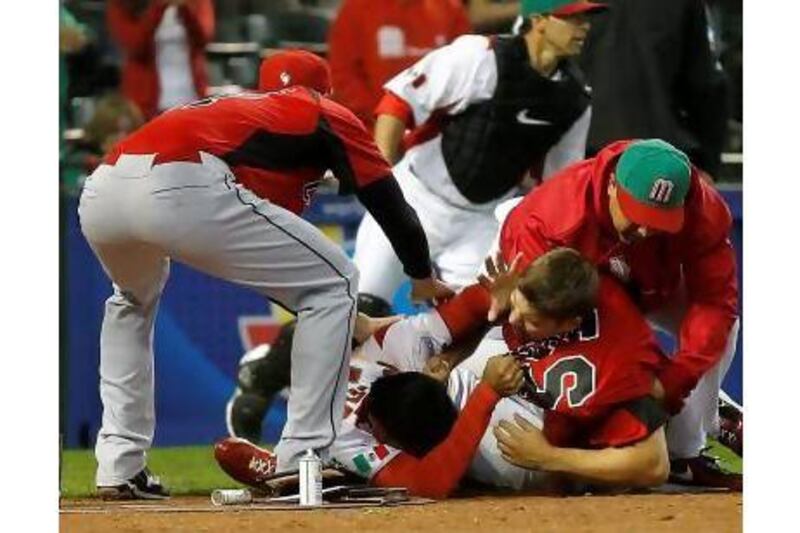Sabah belongs to Malaysia, not the armed insurgents
Peaceful and progressive Malaysia is rarely in the news for armed conflicts - until recently (Malaysia arrests 50 and turns down offer of ceasefire from Islamist insurgents, March 9).
A few weeks ago, armed followers of a self-proclaimed Sultan of Sulu in the Philippines landed in the East Malaysian state of Sabah to claim the land as theirs, triggering a response from the Malaysian authorities that has so far claimed the lives of 60 people.
While this crisis has yet to be resolved, the labelling of the Filipino Sulu gunmen as "Islamist insurgents" in some media reports is misleading.
Clearly, the incentive for their operation in East Malaysia was not religion, but rather the economy of Sabah, which has grown wealthy in the past 50 years thanks in part to investments and management by Malaysia.
More than a century ago, part of Sabah was indeed a part of the Sulu Sultanate; the land was a gift from the Sultan of Brunei. If the defunct Sultanate of Sulu has a right to Sabah today, then the existing Sultanate of Brunei would surely have a greater claim.
However, there is probably no economic incentive for oil-rich Brunei to even think of making a claim on Sabah. In addition, Brunei and the Philippines, as United Nations members, are expected to respect the Sabahans' desire for self-determination when they voted to join Malaysia in a 1963 referendum.
The people of Sulu have to accept that Sabah is not theirs, and focus on the productive development of their remaining land in the Southern Philippines.
Adam Zakariah, Australia
US pays for help to other nations
I am writing in reference to Shadi Ghanim's cartoon depicting an Uncle Sam character tying American funding to democracy in Egypt (March 10).
America is broke, but its government continues to spend taxpayers' money like it's a Monopoly game, paying for other countries, but pushing the US further into debt every minute.
A minimum of $25 billion (Dh918 billion) is spent solely in foreign aid every year, and that does not include large one-time gifts (like that to Egypt) or humanitarian efforts.
John Adams, Dubai
Confused about bankers' bonuses
As a sport fan with no professional link to business, banks or commerce, I found James Doran's analysis of the banking bonus debate (Capped bonuses undermine whole banking ball game, March 3) novel and intriguing.
It seemed to make clear in simple terms why the bankers should not have their livelihoods kicked into touch by inconsistent and unknowledgeable politicians, or be made scapegoats of probably the worst global financial crisis in recorded history.
Of course, Manchester United's Robin van Persie and his teammates deserve spectacular bonuses for coming up with the goods, and bringing success for their employers and their fans.
But if the footballers had, in one season, reduced Manchester United from glittering champions to near-bankrupt also-rans, would their bonuses still be guaranteed?
I speak from the perspective of an ordinary punter coming up for retirement with a pension fund and a few unit trusts, who is wondering whether I will have enough.
I do realise that many bankers make millions for their clients. And, if the bankers don't get the money, who will? Name withheld by request
Pitched battle on the baseball field
I enjoyed the post on The National's Kit Bag blog, Canada's bunt force trauma at World Baseball Classic (March 10).
However, I'd like to clear up a small misunderstanding.
Arnold Leon only hit Rene Tosoni with the second pitch; the first one was just very close to him.
In baseball, when you are hit by a pitch, you advance to first base and the next batter is up.
Brian Hall, Al Ain
Refugees should seek only safety
In reference to Israel 'unlikely to stop deporting refugees' (March 9), there is a huge difference between someone fleeing for his or her life and what I would call a "benefits tourist".
International law requires asylum seekers to do so in the first country they enter where they would be safe.
Benefits tourists do not care where they go, as long as they can live off the state.
Peter Nixon, Abu Dhabi





